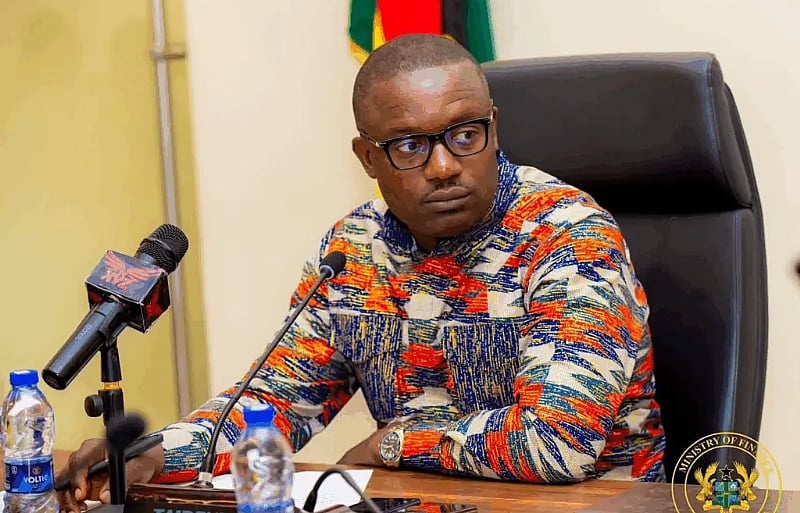Ghana’s energy landscape has undergone a significant transformation, transitioning from a period of power shortages to a state of relative stability and surplus. This achievement, as announced by Minister of Energy and Green Transition John Abdulai Jinapor, has enabled the country to export excess power to neighboring nations, bolstering regional energy security. The government’s current focus is twofold: ensuring universal access to electricity within Ghana and increasing the contribution of renewable energy sources to the national grid. This dual approach aims to address both immediate energy needs and long-term sustainability goals. The Minister highlighted the ambition to derive at least 10% of the nation’s energy mix from renewables, excluding high-flow potential, with a specific emphasis on the deployment of solar irrigation pumps across the country. This initiative, inspired by India’s success, is expected to revolutionize agricultural practices, enabling year-round farming and mitigating the impact of dry seasons on food security.
The Minister’s announcements coincided with the 7th Meeting of the International Solar Alliance (ISA) Regional Committee for the Africa Region, hosted in Accra. The summit brought together energy ministers from 19 African countries, along with representatives from 39 member states and 7 signatory nations, providing a platform for discussions on pressing issues such as energy access, solar innovation, and climate-resilient development. Mr. Jinapor emphasized the importance of collaboration with India in the solar irrigation project, noting that a Memorandum of Understanding (MoU) will soon be signed to facilitate both the deployment of the pumps and the provision of artisan training. This partnership underscores the significance of knowledge sharing and international cooperation in achieving sustainable energy goals.
Beyond Ghana’s national context, Mr. Jinapor highlighted the broader energy crisis gripping the African continent. He pointed out the stark reality that over 600 million Africans lack access to electricity, and nearly a billion are deprived of clean cooking solutions. This energy deficit, despite Africa being the sunniest continent, is a critical challenge hindering development. The continent produces a mere 4% of global solar energy and receives less than 2% of global clean energy investment, highlighting a significant disparity in resource utilization and investment.
This energy inequity, according to the Minister, extends beyond infrastructure limitations. It reflects a deeper issue of underinvestment, unequal access, and structural barriers that impede progress across various sectors. Without access to affordable, clean, and reliable energy, Africa’s aspirations for industrialization, job creation, food security, and climate resilience will remain elusive. Mr. Jinapor stressed the urgency of addressing this challenge, framing universal access to energy not simply as a development goal but as a “moral imperative” central to achieving Sustainable Development Goal Seven by 2030. This emphasizes the ethical dimension of energy access, underscoring its importance for human well-being and equitable development.
To overcome this energy deficit and drive sustainable development, Mr. Jinapor advocated for forward-looking solutions, including Floating Solar Photovoltaics (FSPV). He emphasized that Africa’s energy transition must go beyond merely increasing megawatts and should focus on strengthening communities and fostering sustainable growth. This signifies a shift towards a more holistic approach to energy development, recognizing the interconnectedness of energy access with social and economic progress.
The ISA Director-General, Ashish Khanna, announced significant initiatives to support Africa’s energy transition. The ratification of the Africa Solar Facility, a catalytic fund of $200 million, with $75 million operational by 2025, is a major step towards unlocking private investment in decentralized renewable energy. The fund is expected to leverage over $800 million in private investment, starting with projects in Nigeria. This injection of capital will play a crucial role in scaling up renewable energy deployment across the continent. Furthermore, the establishment of 12 solar technology resource centers across Africa, including one in Ghana, will strengthen local expertise and innovation. These centers will provide training, youth incubation programs, and testing laboratories, fostering a generation of skilled professionals and driving technological advancements in the solar energy sector. These initiatives demonstrate a commitment to building local capacity and ensuring that the benefits of the energy transition are shared equitably across the continent.














